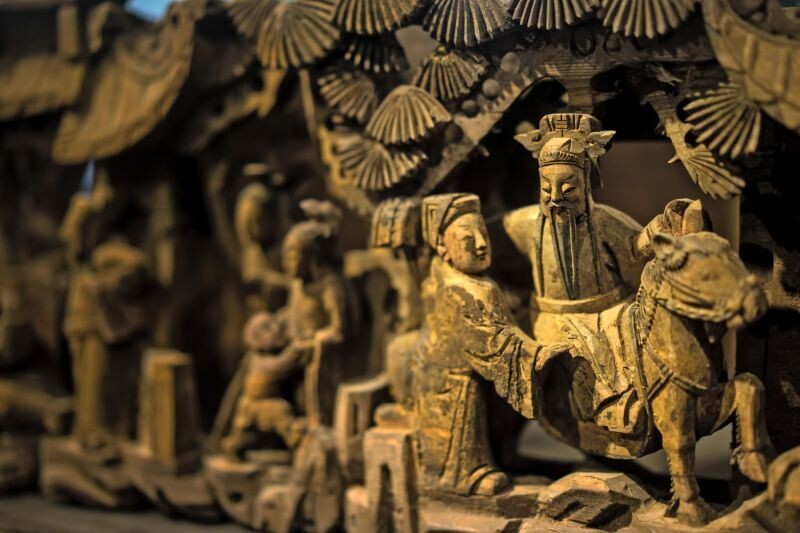
The Sumerians were responsible for advancements that changed the course of humanity. Their legacy, composed of innovations that transformed everyday life, remains a testament to their greatness. The Sumerians are the oldest recorded civilization to date. Their advancements in architecture, agriculture, and knowledge left a legacy that continues to influence modern society.
While many ancient cultures have been studied, there is one civilization that is considered the oldest of all. Invasions by peoples such as the Akkadians and Elamites, combined with environmental issues like soil salinization, weakened their economy and cities. The Sumerians left an invaluable legacy that laid the foundations of human civilization. Babylonians and Assyrians inherited and perfected their advancements, ensuring that the Sumerian footprint endured in history.
Nineteenth-century archaeological discoveries in Mesopotamia uncovered cuneiform tablets and city remains, revealing that the Sumerians were not only the oldest recorded civilization but also one of the most influential.
The first great civilizations of humanity marked the beginning of social organization, technological development, and writing. Established in southern Mesopotamia, in the region between the Tigris and Euphrates rivers, the Sumerians emerged approximately between 4100 BC and 1750 BC. In cities like Ur and Uruk, this society developed an advanced organization based on agriculture, engineering, and trade.
The Sumerians were pioneers in numerous advancements that still endure, from timekeeping to monumental architecture. Among their most notable contributions are: cuneiform writing, the sexagesimal numerical system, hydraulic engineering, structured trade, and their Sumerian language.
By around 3000 BC, the Sumerians dominated the region, but a series of factors led to their downfall. With more than 5,000 years of history, their impact was decisive in the development of writing, engineering, and trade, laying the foundations of what we now understand as organized society. However, their influence did not fade.














